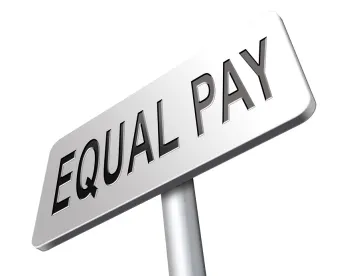On August 1, 2016, Massachusetts became the latest State to pass a so-called “pay equity” law. Massachusetts’ new law, which is modeled after pay equity statutes already implemented in other states, also amends the Massachusetts Equal Pay Act (MEPA). Even though this new legislation only applies to employers with employees working in Massachusetts, all employers should take notice, as “pay equity” legislation is being enacted in an increasing minority of states. Below are three key takeaways for employers with respect to Massachusetts’ new law, which goes into effect in July 2018.
1. Equal Pay For “Comparable Work”
The currently-drafted version of MEPA prohibits employers from paying employees of a given gender less than employees of another gender for “comparable work,” which term was not previously defined. Massachusetts’ new pay equity law fills in this gap, defining “comparable work” to include “work that is substantially similar” with respect to “skill, effort and responsibility” that is performed under similar working conditions. Whether two employees perform “comparable work” under the new statute will be based upon the facts and circumstances of a given case.
2. No More “Pay Secrecy” Rules
The new law also prohibits employers from enacting or enforcing “pay secrecy” rules, which typically prohibit employees from discussing their compensation with each other. However, companies will not be forced to reveal salary information to an employee who asks about another employee’s salary. Furthermore, an employee is not required to divulge her or his salary to another employee if asked.
3. No More Questions About “Past Salaries”
Once this legislation is effective, employers in Massachusetts will be prohibited from asking job candidates about their salary history. Massachusetts is the first state in the country to pass such a law, which is purportedly designed to “end the wage gap.” Note that employers can still ask a job candidate how much money they are hoping or expecting to earn if they receive an offer, but an employer cannot ask a prospective employee about their previous salaries. This provision creates a new limitation for Massachusetts employers, and employers should train interviewers and hiring managers to avoid impermissible inquiries about past salaries.
Employers with employees in Massachusetts should review their hiring, pay, and confidentiality policies and should make any necessary changes in order to comply with the new law prior to its implementation in July 2018. Other employers should also take notice, as these provisions are popping up in state legislative sessions across the country.



 />i
/>i

